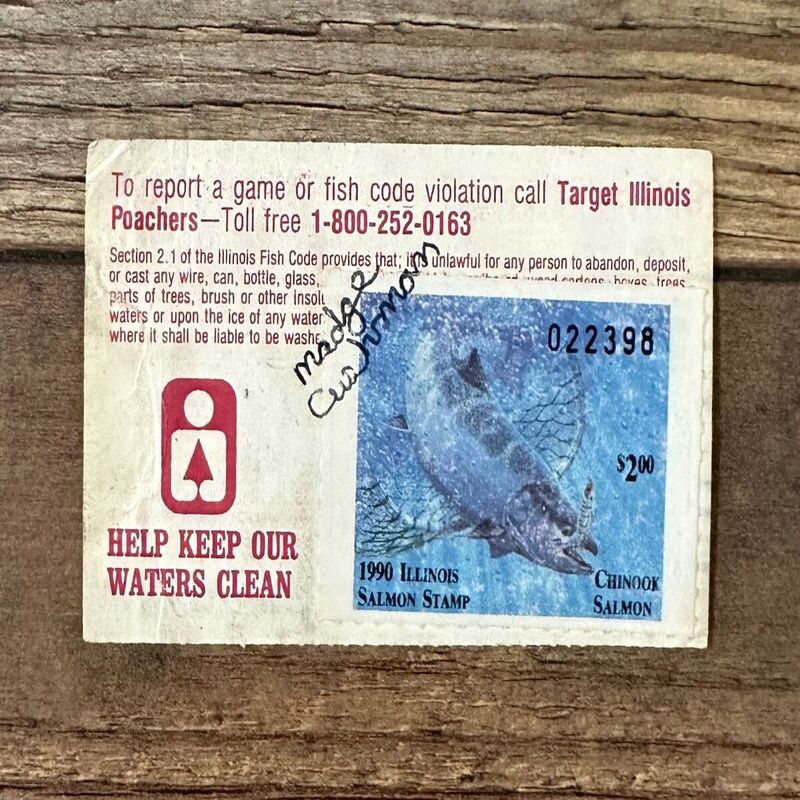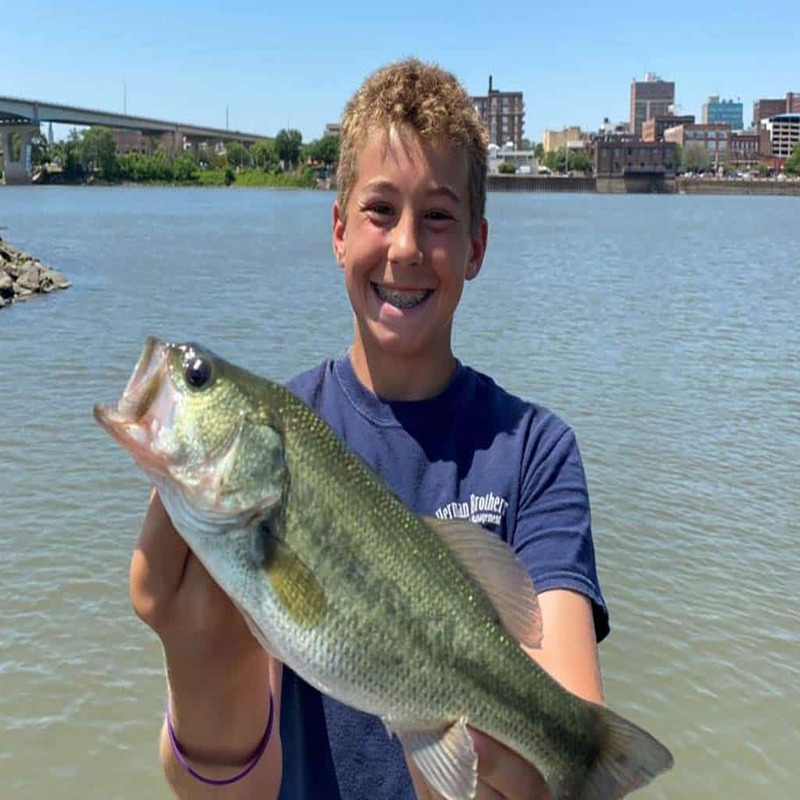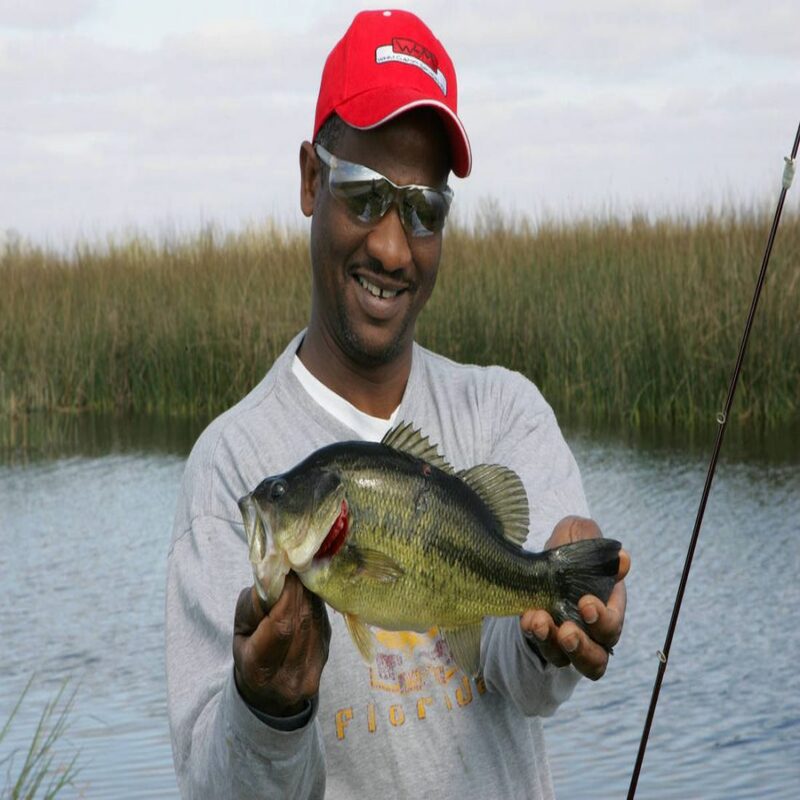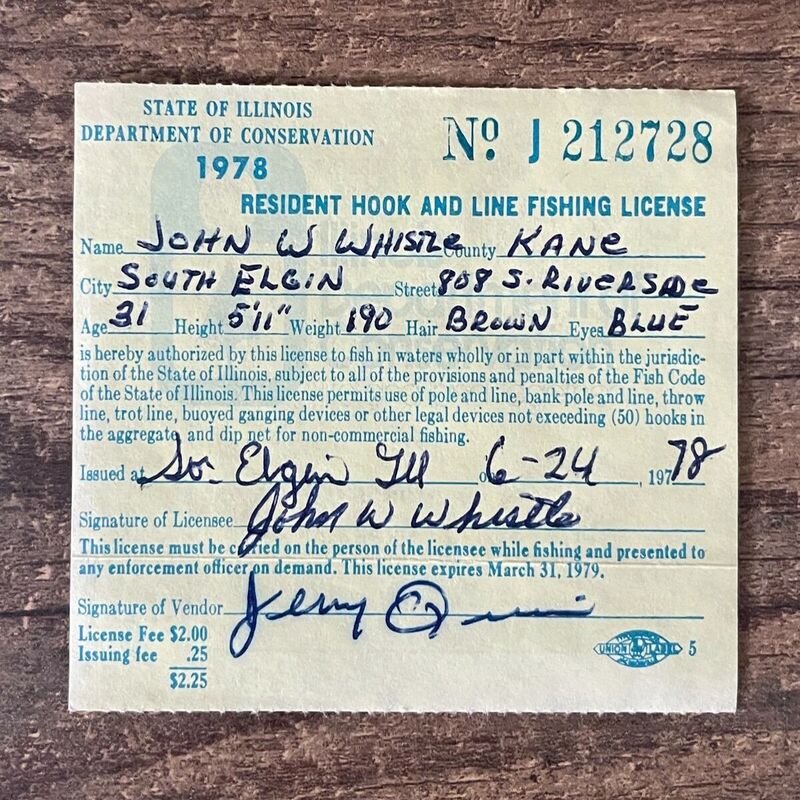Introduction to Illinois Fishing Licenses
Before you cast your line in the beautiful waters of Illinois, it’s critical to understand the state’s fishing license requirements. Not only is it the law, but purchasing a fishing license also contributes to the conservation and enhancement of fish populations and their habitats.
In this section, we’ll dive into the various types of fishing licenses available in Illinois. Whether you’re a resident looking for a weekend getaway or a non-resident planning a fishing trip, understanding the options will help you pick the right permit.
You’ll learn about resident and non-resident licenses, additional stamps, and permits required for specific types of fish. We’ll also cover the costs associated with obtaining a fishing license in Illinois, age-based licensing requirements and discounts, how to purchase your license, and exemptions that might apply to you. Lastly, we will explore the importance of having a fishing license, from funding conservation efforts to ensuring you can legally access various water bodies.
With this guide, you’ll be ready to enjoy the rich fishing opportunities that Illinois has to offer while being compliant with the law and contributing to the state’s natural resource preservation.

Types of Illinois Fishing Licenses
Choosing the right fishing license in Illinois depends on a few variables. These include whether you are a resident or a non-resident, how often you plan to fish, and whether you’ll be targeting specific species that might require additional stamps or permissions.
Resident Fishing License Options
If you live in Illinois, you have several choices for fishing licenses:
- 24-Hour License: Good for a single day of fishing, ideal for casual anglers.
- Annual License: Best for those who fish frequently throughout the year.
- Senior Licenses: Discounted rates for anglers aged 65 and over.
- Lifetime License: Pay once and fish for life without yearly renewals.
- Combo Hunting and Fishing License: Great value if you also hunt.
Veterans and senior citizens can often get additional discounts on these licenses.
Non-Resident Fishing License Options
Visitors to Illinois can purchase:
- 24-Hour License: Perfect for a quick fishing trip.
- Three-Day License: For a weekend getaway.
- Annual License: If you plan multiple fishing trips to Illinois in a year.
These licenses allow non-residents to enjoy Illinois waters just like locals.
Additional Stamps and Permits
Certain species, like salmon and trout, require extra stamps even with a standard license. These special endorsements help manage and protect these particular fish populations.
Remember to check for any additional permits needed based on the location and species you plan to fish. This way, you maintain compliance with state regulations and support conservation efforts.
Cost Breakdown of Illinois Fishing Licenses
Breaking down the cost of fishing licenses in Illinois can help you budget for your next fishing trip.
License Fees for Residents
Residents of Illinois have several options for fishing licenses, each with its own fee:
- 24-Hour License: A quick fishing fix for $5.50.
- Annual License: Year-round fishing for $15.00.
- Senior Licenses: Anglers 65+ enjoy a discount; $7.75.
- Super Senior Licenses: Anglers 75+ fish for just $1.50.
- Combination Licenses: Hunt and fish for $26.25.
- Lifetime License: Fish for a lifetime with a one-time fee of $435.
These fees support fishery maintenance and habitat protection.
License Fees for Non-Residents
Non-residents have different licensing options to enjoy Illinois waters:
- 24-Hour License: Take a day to fish for $10.50.
- Three-Day License: Perfect for a weekend at $15.50.
- Annual License: A year of fishing adventures costs $31.50.
Regardless of where you’re from, purchasing a license contributes to Illinois’s conservation efforts. Annual licenses are valid from March 1st to March 31st of the next year, so plan your trips accordingly!

Age-Based Requirements and Discounts
Turning to age-based requirements and discounts, Illinois has specific guidelines for fishermen based on their age.
Age Criteria for Licensing
In Illinois, anglers who are 16 years or older must get a fishing license. This rule applies regardless of residency. Those under 16 can enjoy fishing without the need for a permit.
Senior Citizen and Veteran Discounts
Discounts are offered to senior citizens and veterans for fishing licenses in Illinois. Residents who are 65 to 75 years old can get licenses at a reduced rate. For example, an annual license which typically costs $15.00 for the general adult population, is only $7.75 for senior citizens within this age bracket.
Veterans may also be eligible for discounts. For instance, qualifying resident veterans can get a 50% discount on their annual licenses. For seniors aged 75 and older, the rate is further reduced. An annual license for a super senior, as this age group is often referred to, costs just $1.50.
It’s crucial to consider these discounts when planning your fishing activities, as they can significantly reduce the cost for eligible anglers in Illinois. Plus, they honor the contributions of both senior citizens and veterans.
Purchasing Your Illinois Fishing License
Obtaining the right Illinois fishing license should be easy and straightforward. Here’s how you can get yours.
Online License Purchase and Reprints
Buy your fishing license online through the Illinois Department of Natural Resources (DNR) website. It’s quick and allows for hassle-free reprints.
In-Person License Purchase Options
Prefer to get your license in person? Visit approved DNR vendors like tackle shops or retail stores. They’re across the state.
Exemptions and Free Fishing Opportunities
Knowing about exemptions can save you money and time when planning a fishing trip in Illinois.
License Exemptions for Residents and Non-Residents
For those who qualify, Illinois offers certain exemptions from fishing license requirements:
- Disability Accommodations: Legally disabled individuals can fish without a license.
- Landowner Privileges: If you own or lease land, you might be exempt when fishing on your property.
- Military Benefits: Active duty military members from Illinois can fish for free during leave.
- Country Reciprocity: Out-of-state anglers from certain bordering states can fish without an Illinois license in shared waters.
Always verify your eligibility for these exemptions before fishing to ensure compliance with state laws.
Free Fishing Days in Illinois
Don’t miss out on Free Fishing Days! On these dates, anyone can fish in Illinois waters without a license. It’s a perfect chance for beginners to try fishing or for families to enjoy a day out together. However, remember that even on Free Fishing Days, all anglers must still follow other fishing regulations in Illinois.

Importance of Fishing Licenses
Purchasing a fishing license in Illinois has significant impacts beyond legal compliance. Let’s look at how these licenses support conservation initiatives and lawful angling.
Funding Conservation Efforts
When you buy an Illinois fishing license, you’re investing in the future of fishing. Your fees fund critical conservation work. They support programs that stock lakes with fish and protect fish habitats. Through your contribution, Illinois can maintain the richness of its waterways for everyone to enjoy. Plus, some of the revenue also goes towards research and educational efforts. These programs teach anglers about sustainable practices and habitat preservation. It’s a cycle of care that starts with your license purchase.
Legal Fishing and Access to Water Bodies
A valid fishing license is your ticket to legal fishing across Illinois. With this license, you can explore many different water bodies. Rivers, lakes, and streams become accessible to you. Holding a fishing license ensures you are following the rules. It also helps in avoiding potential fines for unauthorized fishing. In essence, the license opens up a world of angling possibilities. It ensures that you, along with fellow anglers, can experience the diverse fishing Illinois has to offer. And importantly, it helps maintain the legal and ethical standards that protect the state’s aquatic resources.
